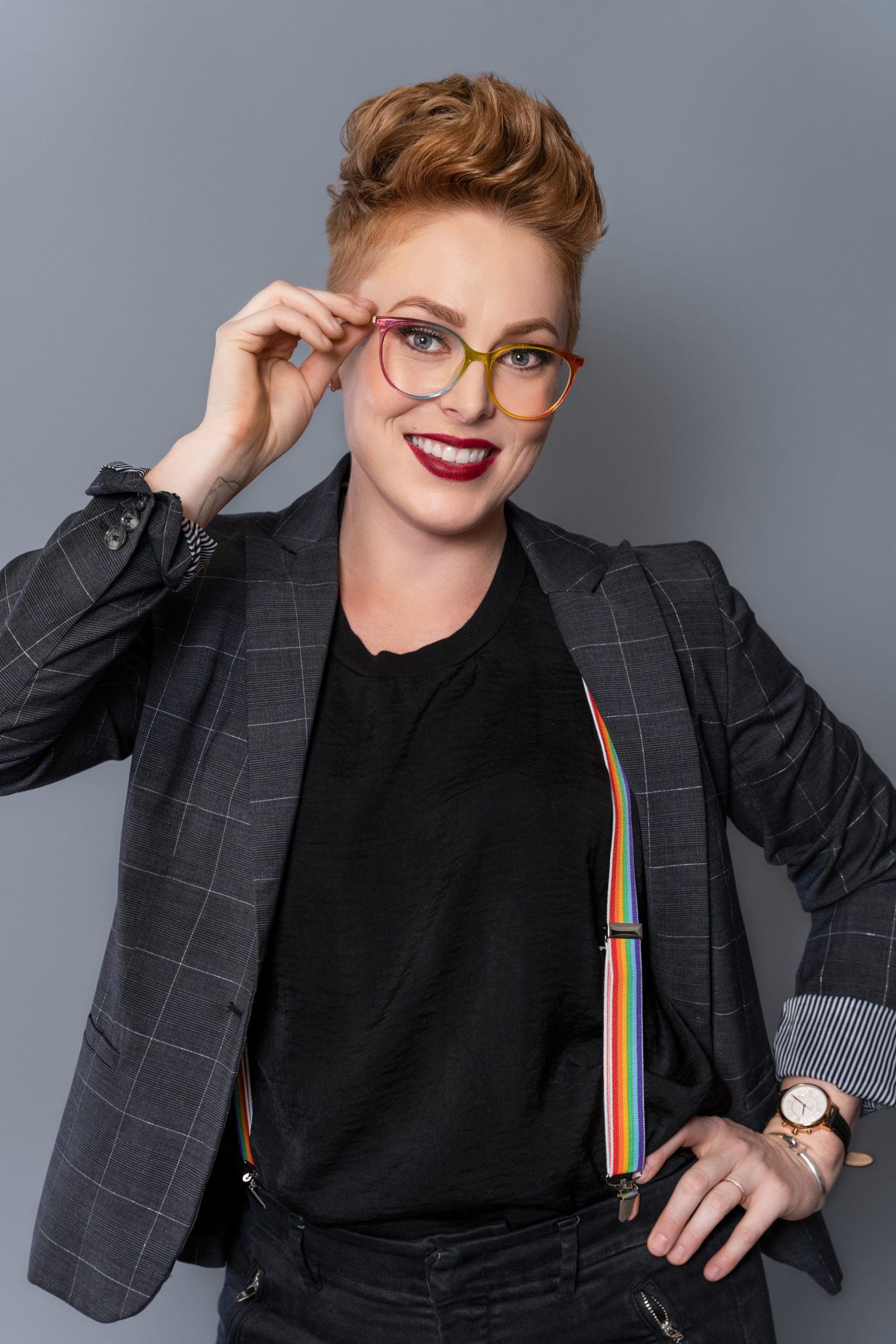We’re going to take a different approach to this month’s newsletter, and I’m going to put my linguist hat on while I hop right up onto a soapbox. I promise I didn’t get a degree in linguistics just to increase my game with the ladies (insert cunning jokes here)–language just fascinates me nearly as much as pigeons do. It wasn’t until I studied Linguistics that I truly gained perspective on how fluid language really is–and, having been brought up by a prescriptivist grammar nerd father, this was a shocking revelation.
Sociolinguist Dr. Valerie Fridland ( author of Like, Literally, Dude: Arguing for the Good in Bad English) recently spoke on the historical shifting of pronoun use–so if you’ll permit me to show my nerdy insides for a moment, I’m going to share what I learned with you. I’m paraphrasing Dr. Fridland’s work below for brevity, but if you’d like to listed to the podcast this info arrived to my brain via (a dangling preposition for which my father would SURELY not forgive me), the transcript and episode info lives here.
- Norman-French, brought over with William the Conqueror in 1066, introduced something called Power Semantics (which meant that we had to really pay attention to status and we wanted to show linguistic respect to authority). Where previously the 2nd person subject/object pronouns were thou/thee (singular) & ye/you (plural), thou/thee began to be used in intimate/close relationships and to refer to people lower in status than you were.
- Around 1500 there was a breakdown in class structure, and the pronoun system based on social hierarchy fell apart as folks began just using ye/you (because they didn’t want to offend anyone accidentally, so they would ye and you people to play it safe).
Are we shocked to find out that there were some who didn’t like this shift?
- Early grammarians in the 1700’s started to say Well, this is not correct, we need to go back to thou and thee and restore the proper pronoun paradigm. The Quakers found it to be against their code of plain speech, and thou was the symbol of humility. So, by shifting to you and ye, Quakers believed we were actually going against God. Grammarian angst + religious angst sound familiar to anyone else?
- Since then we have shifted to using you for subject & object, singular AND plural (alongside other plural baddies like y’all, you’ns, you guys, etc.), in part because our mouths are lazy and ye just doesn’t feel great (they really are–lazy mouths is why native speaking vs. languages learned out of textbooks sound so different).
All that nerdiness was about second-person pronouns, not the hotly-discussed third-person (she/her, he/him, they/them, and a host of neopronouns). But the principle I’m trying to impart remains the same: Language–including pronouns–has shifted all through time. In 1851, writer John Stuart Mill complained about the exclusivity of the pronoun he as a default, and word coiners came up with ou (1789), ne (ca. 1850), heesh (ca. 1860), er (1863), ve (1864), en, han, and un (1868 was a big year for pronouns), le (1871), e (1878), and ip (1884), to name just a few of the early ones (more history on nonbinary pronouns here).
In case you tuned out at the first bullet point, here’s my TLDR: Gender pronouns are not a trend. “More than 12% of U.S. millennials identify as transgender or gender non-conforming, and a majority believe that gender is a spectrum rather than a man/woman binary. Compared to millennials, Gen Z’s views on gender are even more advanced. In the U.S., 56% know someone who uses a gender neutral pronoun and 59% believe forms should include options other than man and woman. Globally, 25% of Gen Zers expect to change their gender identity at least once during their lifetime.” – HBR
Maybe you’re an early adopter of non-binary pronoun usage—maybe it comes as naturally to you as breathing air! But maybe you still hear the cringe of your 6th grade grammar teacher when you use the singular they (s/o to Mrs. Ponczak who was as fierce a prescriptivist of anyone I’ve ever known), and the notion of introducing yourself with your pronouns still makes your mouth bind up with cold molasses. Just keep practicing. Practice noticing when the language you use is assumptive about gender, practice choosing they instead of he or she. Practice asking “hey, I’d like to make sure I refer to you respectfully–would you mind sharing with me your pronouns? Mine are ______.” Practice asking after significant others and partners, and for the love of god can we all stop emphasizing the gender of babies so much? Goodness gracious.
True allyship–for the whole alphabet mafia–isn’t a milestone; it’s a practice, and we’re glad you’re on the ride with us.
Our August breakfast will be at the Junior League building again (still looking for our forever home, so if you have ins with venues please let us know!), and Ward 1 City Councilperson, Lane Santa Cruz, will be joining us to talk about Tucson’s unsheltered population (this is one of Lane’s biggest mission areas). There will also be information about how/why/when/where does a business interface with the City of Tucson. We hope you’ll join us!
With pride,
Vera Minot
President – Tucson LGBT Chamber of Commerce
C: (520) 349-7333
Pronouns: she/they

All About Pronouns
Aug 1, 2023 | Advocacy, Monthly Newsletter, President

